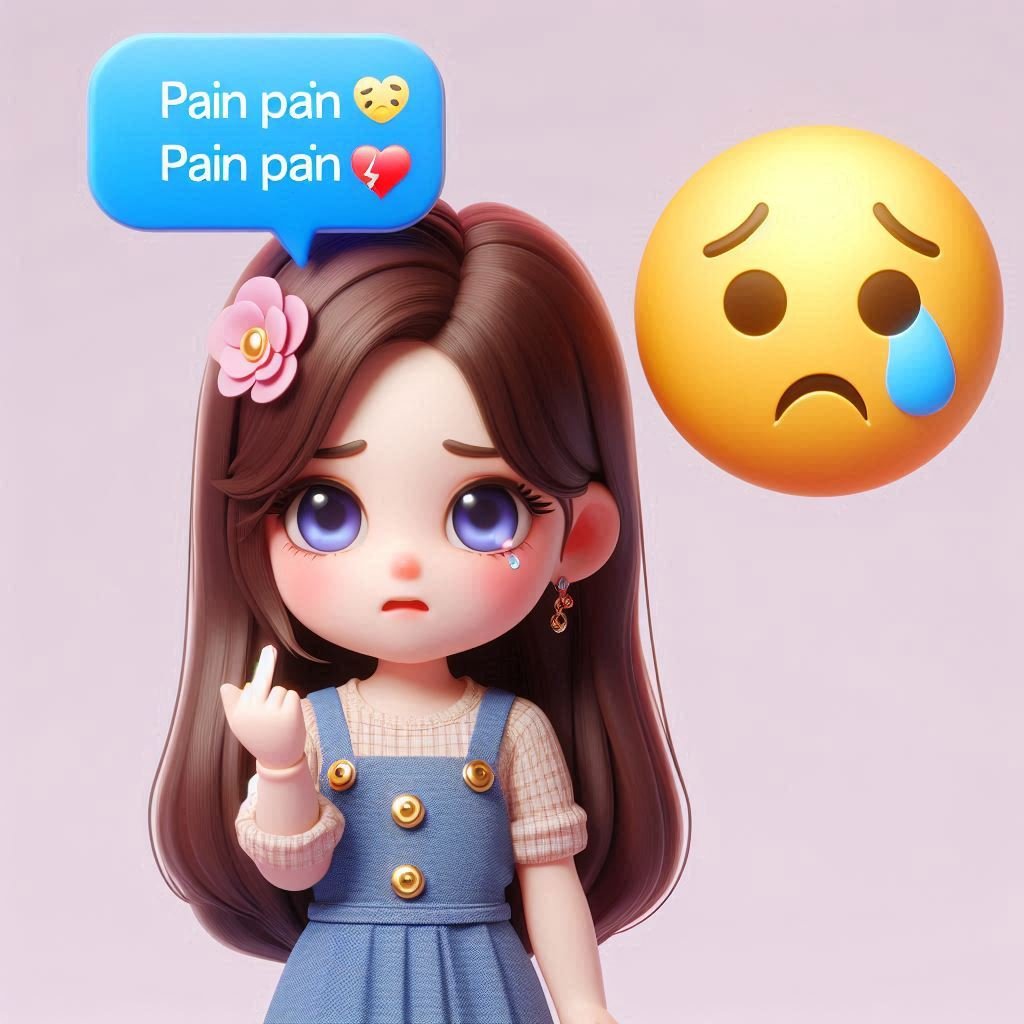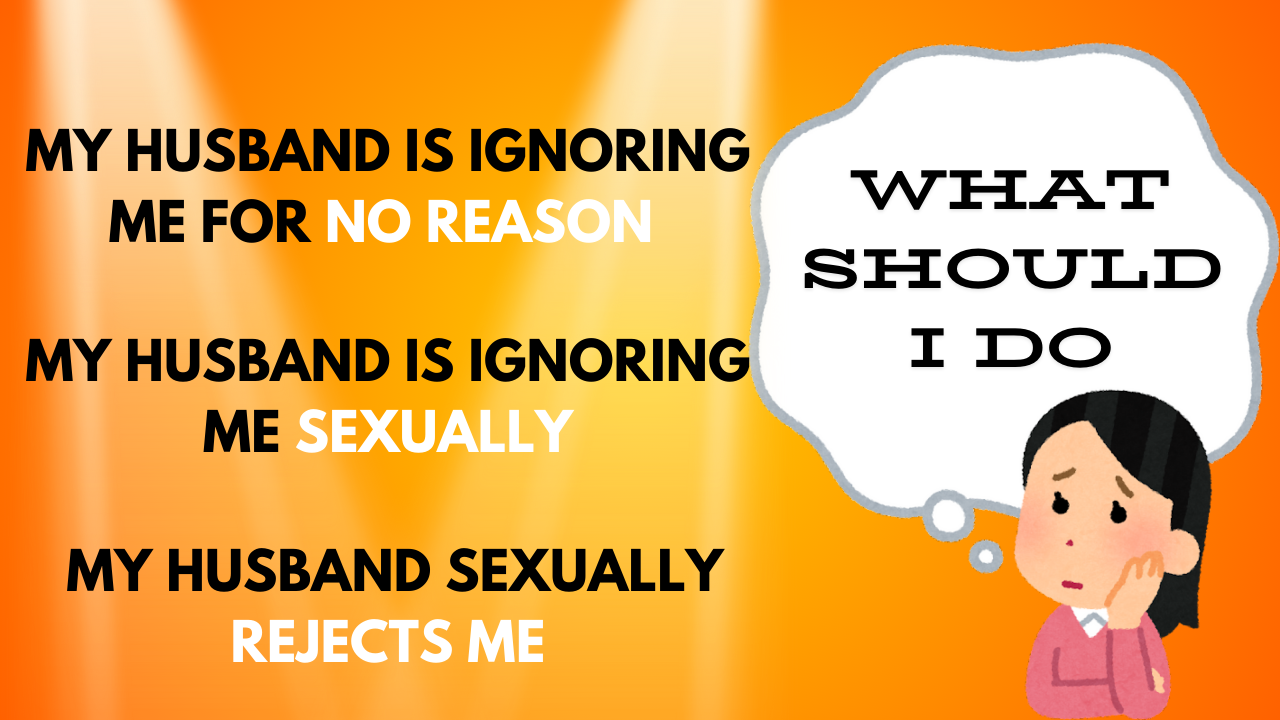Frequently Asked Questions – Wisher
What is meanstrual rage?
Menstrual rage refers to the intense feelings of anger, irritability, and emotional instability that some women experience in connection with their menstrual cycle, particularly during the premenstrual phase and menstruation itself. This experience is often tied to premenstrual syndrome (PMS), which includes a range of physical and psychological symptoms that can significantly impact mood and behavior.

The hormonal fluctuations that occur during the menstrual cycle, particularly in estrogen and progesterone levels, play a significant role in mood regulation. These changes can make some women feel more emotionally volatile in the days leading up to their period, sometimes resulting in what feels like “rage” or extreme irritability. The connection between these hormonal shifts and mood is well-documented, with many women reporting a noticeable increase in anger and frustration during this time.
Taking care of your teeth shouldn’t feel like a gamble, especially if you deal with sensitivity. Imagine brushing without that sharp, unexpected pain—sounds like a relief, right? If you’re wondering how to get there, you might want to take a look at this. Click here to see how it works.
PMS itself can exacerbate these feelings of anger. Research indicates that nearly half of all women experience PMS, and many report symptoms such as heightened irritability, mood swings, and a reduced ability to control anger. This combination of emotional and physical symptoms can make it challenging to manage day-to-day interactions and responsibilities, leading to feelings of frustration and emotional overwhelm.
Another contributing factor is the role of serotonin, a neurotransmitter that helps regulate mood. During the menstrual cycle, changes in serotonin levels can further intensify feelings of anger and irritability, making emotional responses more difficult to control. This drop in serotonin can leave women feeling more susceptible to stress and more reactive to situations that might not usually provoke such strong emotions.

Coping with menstrual rage involves a combination of awareness, communication, and self-care. Recognizing the impact of hormonal changes on emotions can help women better understand and manage their feelings. Open communication with partners, friends, or family about what they are experiencing can also foster a supportive environment, reducing feelings of isolation. Engaging in stress relief activities like exercise, relaxation techniques, or seeking professional help through therapy or counseling can be particularly effective in managing these intense emotions.
Understanding menstrual rage as a natural, though challenging, part of the menstrual cycle can help women navigate this time with greater ease and encourage them to seek the support they need.
Can a woman’s period affect a man’s mood?
While there is limited evidence that a woman’s menstrual cycle directly affects her male partner’s mood, there are a few factors that might contribute to a man feeling more irritable or grumpy during his partner’s period.
One possible explanation is emotional contagion, the idea that emotions can be transferred between people through subtle cues like facial expressions, vocal tones, and body language. If a woman is experiencing mood swings or irritability due to PMS or her period, her partner might unconsciously mirror these emotions, leading to similar feelings of irritability. This phenomenon can happen in close relationships where partners are attuned to each other’s emotional states.

Relationship dynamics can also play a role. When a woman is dealing with the physical and emotional challenges of her period, it can place additional stress on the relationship. A man might feel pressure to provide support or may feel overwhelmed by his partner’s needs during this time. If he feels unsure about how to help or is worried about saying or doing the wrong thing, this stress might manifest as irritability or frustration, further affecting the relationship.
A lack of understanding about the hormonal changes and symptoms associated with menstruation can also contribute to tension. If a man misinterprets his partner’s mood changes or dismisses them as irrational, it can lead to conflict. Educating both partners about the normal hormonal shifts and symptoms associated with the menstrual cycle can help foster empathy and improve communication, reducing misunderstandings and promoting a supportive relationship.
In rare cases, some men might experience Couvade syndrome, where they develop sympathetic symptoms typically associated with pregnancy, like mood swings. While this is more common during pregnancy, it highlights how closely linked partners’ emotional and physical states can be, although it’s not directly related to the menstrual cycle.
Ultimately, open communication, understanding, and mutual support are key to navigating these situations. By discussing their feelings and learning more about the menstrual cycle, both partners can work together to reduce stress and maintain a healthy relationship during this time.
How to comfort a girl on her period?
Comforting a girl during her period involves a blend of understanding, empathy, and practical support. It’s a time when she may feel more sensitive, both physically and emotionally, so your attentiveness can make a significant difference.
Recognizing her discomfort and showing empathy is crucial. Acknowledge that menstruation can be challenging, with physical pain like cramps and emotional ups and downs due to hormonal changes. Simply being there and listening to her feelings without judgment can provide much-needed comfort. Patience is key—understand that her mood might fluctuate, and avoid taking any irritability personally. Sometimes, just knowing that someone cares can ease the strain of those difficult days.

Offering practical support can also go a long way. Prepare her favorite food or snacks, which can be a delightful way to show you’re thinking of her. Even small gestures like having menstrual products, pain relief medication, or a warm heating pad ready can make her feel truly cared for. Helping out with chores can relieve some of her stress, allowing her to rest and focus on her well-being.
Emotional support is equally important. Show affection through hugs or cuddles, as physical touch can be comforting. Listening without trying to solve everything gives her space to express herself, which can be incredibly reassuring. If she needs some alone time, respect her wishes but let her know you’re there when she’s ready for company.
Distractions can also be helpful. Plan a cozy movie night with her favorite films, which can lift her spirits and take her mind off the discomfort. Simple acts like giving her a gentle massage or just holding her can provide both physical relief and emotional warmth.
Every woman deserves to feel confident and beautiful, no matter what life throws her way. At Beautyforever, we understand how important it is to find a look that truly reflects who you are. Whether you’re looking for a bold new style or something that feels like the perfect extension of yourself, our range of wigs, extensions, and weaves in every style and color can help you achieve that. Imagine stepping out with the hair of your dreams, feeling empowered and ready to take on the world. Let us help you forget your worries and embrace your unique beauty.
In essence, comforting her during her period means being attentive to her needs, offering support without overwhelming her, and showing that you care in both big and small ways. Your understanding and kindness can make this time a little easier for her and deepen your connection.




One thought on “#78 What is meanstrual rage? Best Solution”